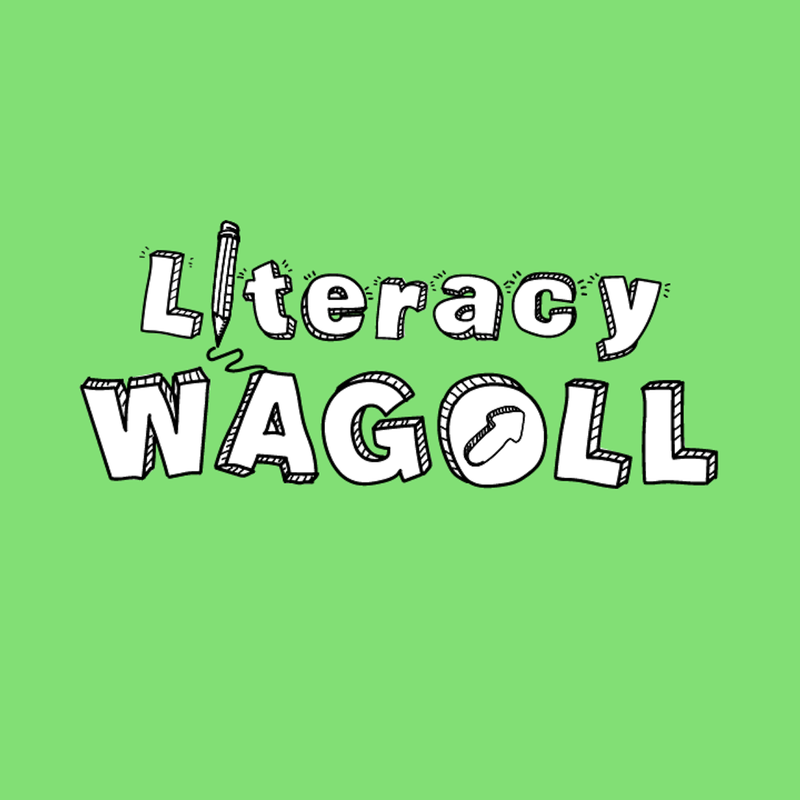|
Reluctant writers can be a challenge in class and are grouped together as children who don't want to write. However, there are many reasons why students may be reluctant to write. Just like there are many reasons why adults are reluctant to accept new technologies or change their diets or habits. Before you can tackle the reluctancy, you have to know the reasons behind that are preventing a child from fully engaging. There are four main stand out types of reluctant writers and each of them have their reasons for not wanting to write. Once you find out these, you are in a position not just to tackle these head on, but inspire them along the way! The Fear of Failure
As the famous Bear Hunt story says, 'we can't go over it, we can't go under it. We will have to go through it!' Or, perhaps, overcome it might be more appropriate. The key here is developing a culture where mistakes, errors and taking risks are celebrated and actively encouraged. The great thing about maths is either you are right or you are wrong. This isn't the case with writing, the lines are blurred. Developing a growth mindset in these children is really important for the simple reason that there will always be errors or room for improvement in writing. Like a great artist, the painting is never complete. Children need to understand that this is ok! The Missing Skills
Writing is of course a complex process involving multiple skills that link together like cogs. If one cog is missing, the whole process can break down and result in a blank page in their writing book. This child needs to either work on their weaknesses and fill in their gaps or find ways to overcome their struggles by changing their writing method. A bit of both usually works best. We all find strategies to get around the areas of life we find difficult. How many of us still avoid parallel parking if we can...? Children are no different. Dictionaries and spell checkers help with spelling, vocabulary banks can support language choice, digital devices avoid bad handwriting and collaboration can pair children together who compliment each other and cover each other's weaknesses. But, at some point, children need to be encouraged to tackle the challenges head on. Interventions, planning adaptations and differentiation will allow children, over time, to develop the skills they lack in order to connect all the writing cogs back together. Soon you will have a fully functioning writing machine. The Lack of Focus
This child needs - oh look a squirrel... - assistance focusing. You need to discover what is distracting this giddy kipper. It could be a class mate, the environment or something different. It may even be a working memory issue. If a child is focusing so much on holding their pencil, the working memory will not have enough room to think about what it is actually trying to write. It can only spin so many plates at once. Additionally, not every child is designed to learn and be creative in a classroom on a chair and not every child is designed to learn and create in 60 minute lesson slots. Split writing time up into smaller chunks. Split the paper up into sections to guide thinking. However you do it, make their brain think in short segments or make the process more dramatic. Do children just have to write in a book or can they write on the window or wall in removable marker? Do they have to write in pencil or can they write in different colours? Be a little bit unorthodox to hook them in. You can refine their approaches once they are engaged. The Unmotivated
As unfortunate and as sad as it is, some children lack real life experiences to draw from. Without experiences, a child can lack ideas for their writing. It is so important to give pupils these experiences in school. This doesn't necessarily mean through school trips. Events and lessons can provide children with memories to draw from in their own texts. Role-play, drama and technology can all provide useful tools to give children memorable experiences. Go on a virtual field trip to Ancient Egypt or visit the Pac-Man maze! Bring writing to life! Like-wise, children can also be demotivated by the lack of role models or not understand the impact that writing can have. Study authors and their influences. Make writing feel like painting a picture or playing a computer game... Try and move away from common genres of writing. Write blogs, write movie scripts and construct motivational letters to a local football team. Give writing a true purpose. Everything is more engaging when if feels less pointless. Find out more...
0 Comments
Leave a Reply. |
SearchWith a keen interest in the neuroscience and psychology of learning, WAGOLL Teaching is about sharing research alongside great, simple teaching ideas to a global teaching community.
Ben has been in education for over 10 years and is passionate about simplifying high quality teaching and learning through innovative and practical approaches in the classroom. sUBSCRIBE |
|
Who are we? |
With a keen interest in the neuroscience and psychology of learning, WAGOLL Teaching is about sharing research alongside great, simple teaching ideas to a global teaching community.
|
All copyright reserved ©.
I would like to remind all visitors to this website that all pages on this site are copyright protected, unless stated. Most importantly, this site is for the use and enjoyment of all children, parents, guardians, carers and teachers who are involved in WAGOLL Teaching. Please use the resources/ideas as you need without replicating them for your own gains.
I would like to remind all visitors to this website that all pages on this site are copyright protected, unless stated. Most importantly, this site is for the use and enjoyment of all children, parents, guardians, carers and teachers who are involved in WAGOLL Teaching. Please use the resources/ideas as you need without replicating them for your own gains.














 RSS Feed
RSS Feed


